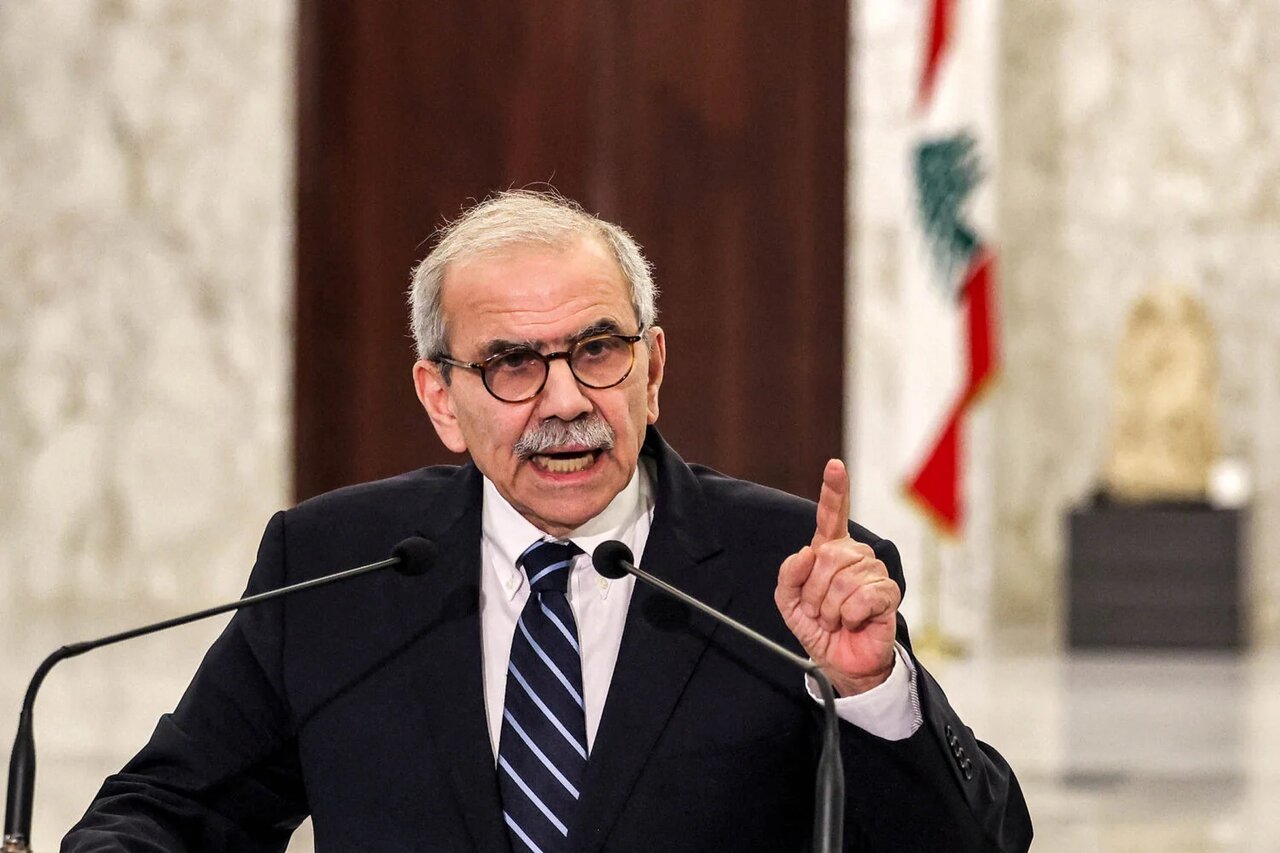How did Nawaf Salam violate Lebanon’s National Accord?

BEIRUT — In parallel with the rapid transformations taking place in West Asia, Lebanon’s political history is witnessing one of its most dangerous periods as Nawaf Salam’s government has acquiesced to the U.S.-Israeli desire to “legitimize” the dismantling of the national resistance movement’s military arsenal.
This dangerous step indeed amounts to existential challenge. Lebanon stands at a dangerous crossroads. It is indeed on the brink of collapse if Nawaf Salam’s government does not rectify its grave mistake.
The Lebanese National Accord Document (aka the Taif Agreement) clearly states that Lebanon has the right to take any action to liberate the occupied territories from Israeli occupation, whether through armed struggle or diplomacy. However, diplomacy is worthless and futile without military might of the army or the popular resistance, or both.
The National Accord, ratified by Parliament on November 5, 1989, serves as the foundational blueprint for Lebanon’s post-war civil peace and national consensus following a 15-year civil war.
It states: “Lebanon is a sovereign, free, and independent nation, the ultimate homeland for all its citizens... The people are the source of authority and the possessor of sovereignty, exercising it through constitutional institutions... No authority that contradicts the Covenant of Coexistence has legitimacy.”
Therefore, this popular resistance is a national, political, constitutional, and national choice based on international law, which guarantees the legitimate right to self-defense and confronting external aggression.
Despite the objection of the Shiite ministers (both from Hezbollah and Amal Movement), the Lebanese government gave in to the American conditions in a reckless manner. Undoubtedly, it was a political coup.
This is not the first time Lebanon has witnessed such blatant foreign interference that the sole purpose of which is to drag the country toward a security and sectarian strife under the pressure of popular discontent.
Obviously, Nawaf Salam has succeeded, in a delicate and sensitive period, in shifting the Lebanese-Israeli conflict to another context: one that may draw the army into a confrontation with the resistance movement in an unprecedented escalation that would—God forbid—push Lebanon into the abyss of civil war.
This raises the hypothesis that Israel—or potentially another actor—might carry out an assassination that would further inflame tensions, reminiscent of the impact following the assassination of former Prime Minister Rafik Hariri.
Besides, security sources are expressing serious concerns, fearing any change in Syria, which remains fragile and unstable.
Washington is rushing to complete what it considers a “victory” achieved after Hezbollah suffered a severe blow last year. It thinks Hezbollah will receive the decisive blow that would ensure its final defeat now that that government has voted to disarm it.
Washington considers Hezbollah the backbone of the Axis of Resistance, and restricting its movement and disrupting its military and organizational structure constitutes a prelude to “final and complete victory,” which can only be achieved by fully disarming it.
By remaining armed, regardless of anticipated changes in Syria, Hezbollah positions itself to regroup and reclaim its former strength.
Thus, security sources warn that the Israeli enemy, now approximately 20 kilometers from the Lebanese-Syrian border, may invade areas in the Bekaa Valley, given its assessment that the Bekaa Valley contains the bulk of Hezbollah’s strategic stores.
It is likely that Israel will activate terrorist groups there, which will inevitably push Hezbollah to defend its territory, thus turning it into an exposed target.
This is part of the “maximum pressure” policy to isolate and exhaust the resistance.
The undeclared coordination between Damascus and Tel Aviv has recently intensified through a series of meetings that began with the meeting between Syrian Foreign Minister Asaad al-Sheibani and Israeli Minister of Strategic Affairs Ron Dermer in Baku, the Republic of Azerbaijan.
The goal of these meetings is to encircle Hezbollah by transforming the Syrian-Lebanese border—once a strategic stronghold—into a lever of pressure against the resistance movement.
Leave a Comment